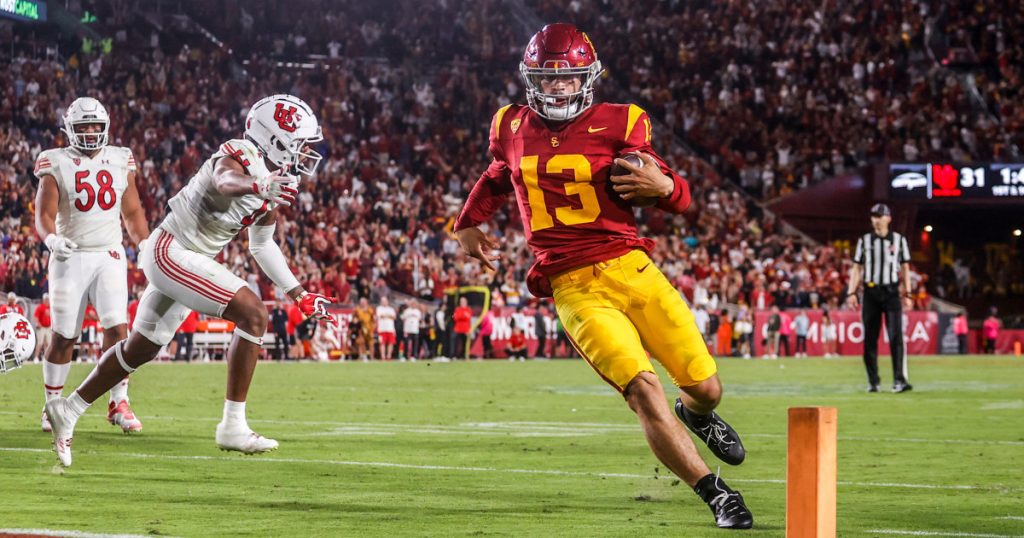A major NCAA settlement worth nearly $2.8 billion is set to shift the landscape of college sports, allowing student-athletes to start getting paid. The settlement will be distributed over the next decade to over 14,000 former and current athletes, marking a significant departure from the NCAA’s longstanding amateurism model. While the terms of the deal have not been fully disclosed, some details have emerged, including payments to athletes who were previously restricted from earning money from endorsements. Under a new compensation model, schools could potentially share revenue with athletes, although the specifics are still being worked out. This groundbreaking settlement represents a significant step forward in the push for athlete compensation in college sports.
A group of Americans vacationing in Turks and Caicos found themselves facing serious charges after ammunition was discovered in their bags, leading to potential sentencing of 12 years in prison due to the country’s strict firearms laws. The group has formed a close bond while awaiting their fate on the island, with some lawmakers trying to facilitate their release. Despite efforts to secure a lighter sentence, the strict penalties are clear under local law. The Americans’ situation highlights the importance of understanding local laws and customs while traveling abroad, as even seemingly innocent oversights can lead to serious consequences.
The Justice Department has filed a lawsuit against Live Nation, parent company of Ticketmaster, alleging antitrust violations that harm the live events industry. The suit claims that Live Nation’s practices negatively impact various stakeholders within the industry, from artists to fans, venues, and emerging businesses. While some experts believe the lawsuit could ultimately lower ticket costs, others are skeptical about the immediate impact on concert prices. The outcome of the lawsuit could have far-reaching implications for the future of live entertainment and the affordability of attending events.
The selection of Nicole Shanahan, as the vice presidential candidate by Robert F. Kennedy Jr., sheds light on her embrace of fringe ideas that may resonate with his supporters. Shanahan, once a Democratic donor, has undergone a political transformation in recent years, citing the pandemic and her daughter’s autism diagnosis as driving forces behind her shift. While Shanahan may not significantly impact Kennedy’s presidential bid, her stance on critical issues like chronic illness, poverty, and political division has struck a chord with supporters. Her journey into the political arena reflects a broader trend of evolving perspectives in today’s complex political landscape.
The recent death of Kabosu, the shiba inu dog behind the iconic “doge” internet meme, marks the end of an era in online pop culture. The image of Kabosu with her distinctive side-eyed expression became a viral sensation in 2013, capturing the hearts of internet users worldwide. The dog’s owner confirmed the news of Kabosu’s passing in a poignant blog post, reflecting on the impact her beloved pet had on the online community. Kabosu’s legacy as a symbol of internet humor and creativity will continue to resonate with fans of the iconic meme.
In other news, a Tesla owner shared a harrowing experience in which his car’s “self-driving” technology failed to detect a moving train, raising questions about the reliability and safety of semi-autonomous vehicles. The incident highlights the complexities of assigning fault in accidents involving automated features that require human supervision. As the debate over the role of technology in modern transportation continues, incidents like this serve as important reminders of the potential risks and limitations of autonomous driving systems.


